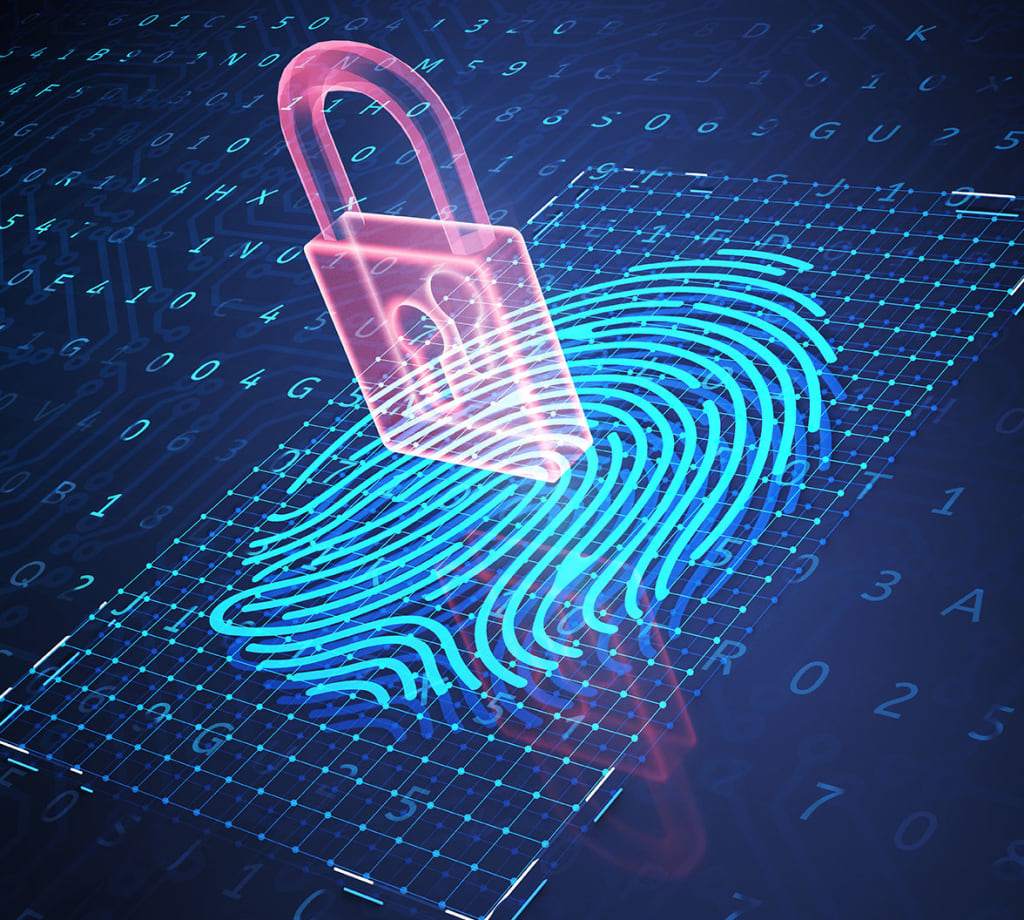Biometrics
Biometrics: Should we fear the future?

Biometrics, the science of identifying individuals based on their physical or behavioral characteristics, has seen rapid advancements and widespread adoption in recent years. From unlocking smartphones with fingerprints or facial recognition to airport security checks and even workplace attendance systems, biometrics promises enhanced security and convenience. However, as with any technological advancement, it raises significant concerns about privacy, security, and ethical implications. This essay delves into the dual nature of biometrics, evaluating whether we should embrace or fear its future.
The Promise of Biometrics
Biometrics offers several advantages over traditional methods of identification. One of the primary benefits is increased security. Unlike passwords or PINs, which can be forgotten, stolen, or easily guessed, biometric traits such as fingerprints, facial features, and iris patterns are unique to each individual and difficult to replicate. This uniqueness significantly reduces the risk of unauthorized access.
Convenience is another significant advantage. Biometric systems can streamline processes by eliminating the need for physical tokens like keys or cards. For instance, biometric authentication can expedite airport security checks, reducing wait times and enhancing passenger experience. Similarly, in healthcare, biometric systems can ensure accurate patient identification, reducing medical errors and improving care delivery.
Furthermore, biometrics can play a crucial role in financial transactions. By integrating biometric authentication into banking and payment systems, the risk of fraud can be substantially lowered. The biometric verification of identity ensures that only the legitimate owner of an account can authorize transactions, offering a higher level of security than traditional methods.
Privacy Concerns
Despite these benefits, the use of biometrics is fraught with privacy issues. The collection and storage of biometric data raise significant concerns about how this sensitive information is handled. Unlike passwords, biometric data cannot be changed if compromised. If a database containing biometric data is breached, the consequences can be far more severe and long-lasting.
There is also the issue of consent. Individuals may be required to provide biometric data for various services without fully understanding how this data will be used, stored, or shared. The lack of transparency and control over personal data can lead to misuse and abuse. Governments and corporations could potentially use biometric data for surveillance, tracking individuals without their knowledge or consent, thus infringing on personal freedoms and privacy.
Security Risks
Ironically, while biometrics is heralded for its security benefits, it also presents unique security challenges. Biometric systems are not foolproof and can be susceptible to spoofing or hacking. For instance, advanced techniques such as creating fake fingerprints or using photographs to trick facial recognition systems have been demonstrated. Once biometric data is compromised, the individual’s identity could be perpetually at risk, as biometrics cannot be reset like a password.
Moreover, centralized databases storing biometric information are attractive targets for cybercriminals. A successful breach can result in the theft of millions of biometric records, posing significant risks to affected individuals. The responsibility of protecting these databases lies heavily on the organizations that collect and store this data, requiring them to implement robust security measures to prevent breaches.
Ethical and Social Implications
The ethical implications of biometrics extend beyond privacy and security. There are concerns about discrimination and bias in biometric systems. Studies have shown that some facial recognition technologies exhibit racial and gender biases, being less accurate for individuals with darker skin tones or women. Such biases can lead to wrongful identifications and exacerbate existing inequalities in society.
Moreover, the deployment of biometric systems in public spaces can create a surveillance state, where individuals are constantly monitored. This surveillance can have a chilling effect on free speech and expression, as people may alter their behavior due to the fear of being watched. The potential for misuse by authoritarian regimes to suppress dissent and control populations further exacerbates these concerns.
Balancing Benefits and Risks
To harness the benefits of biometrics while mitigating the risks, a balanced approach is essential. This involves implementing strict regulations and standards for the collection, storage, and use of biometric data. Transparent policies must be established to ensure individuals are informed and give consent to how their data is used.
Additionally, advancements in technology should be accompanied by improvements in security measures. Multi-factor authentication, combining biometrics with other forms of verification, can enhance security. Decentralized storage solutions, where biometric data is stored locally on personal devices rather than centralized databases, can reduce the risk of large-scale breaches.
Furthermore, addressing biases in biometric systems is crucial. Continuous testing and improvement of these systems, ensuring they are trained on diverse datasets, can help mitigate discriminatory practices and improve accuracy across different demographic groups.






Comments
There are no comments for this story
Be the first to respond and start the conversation.